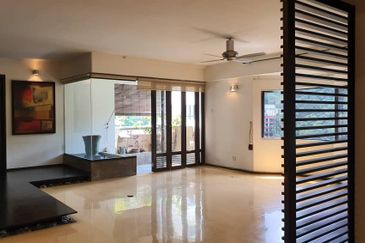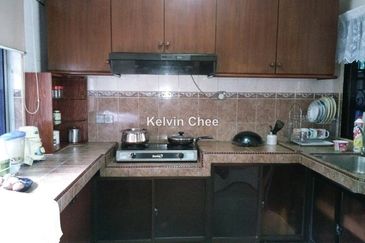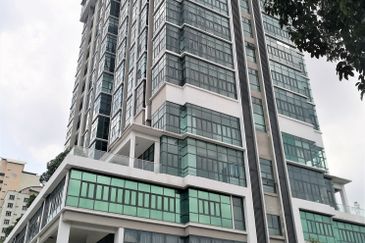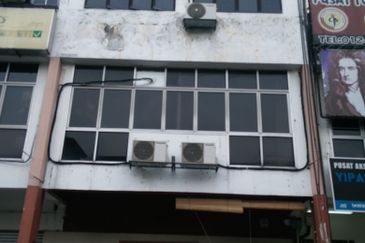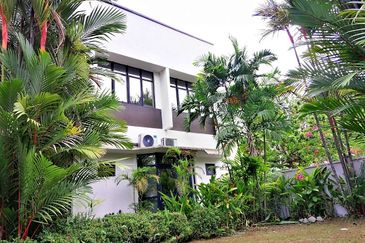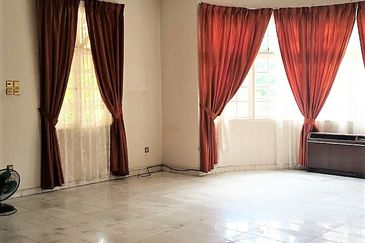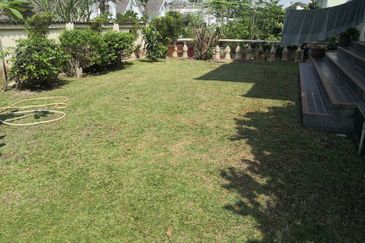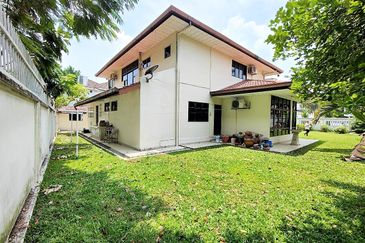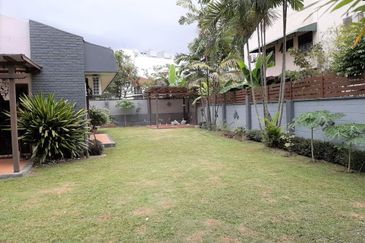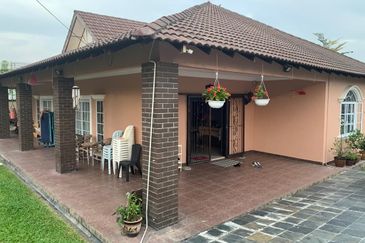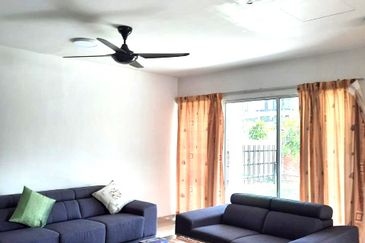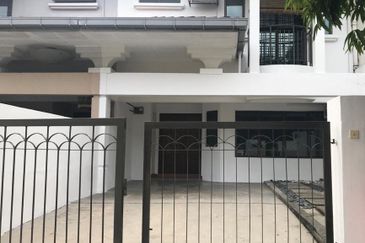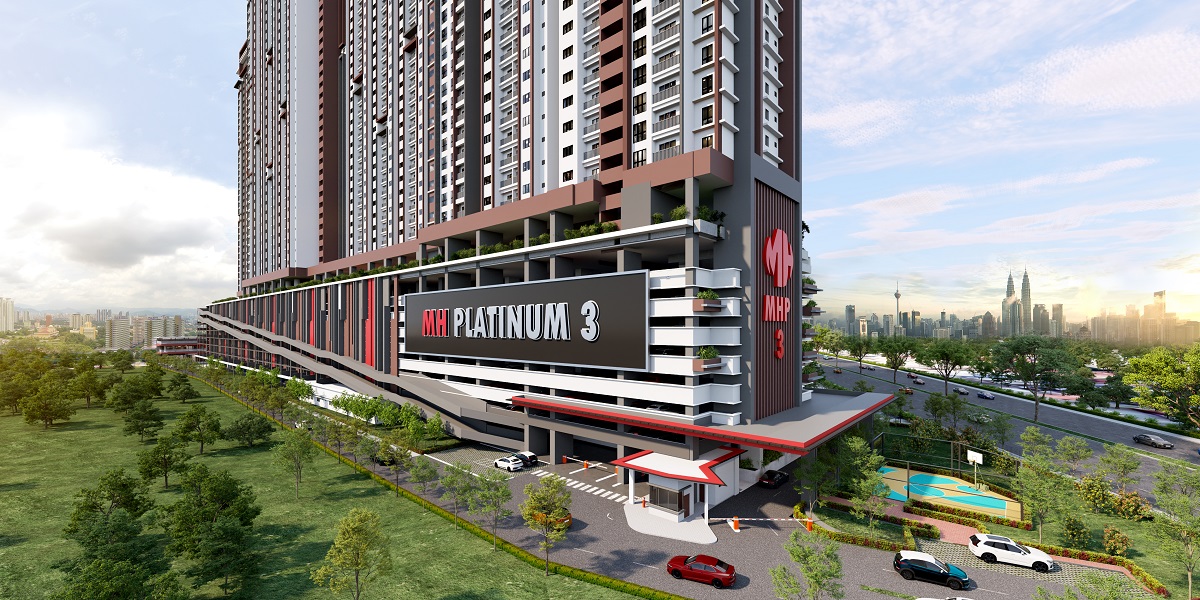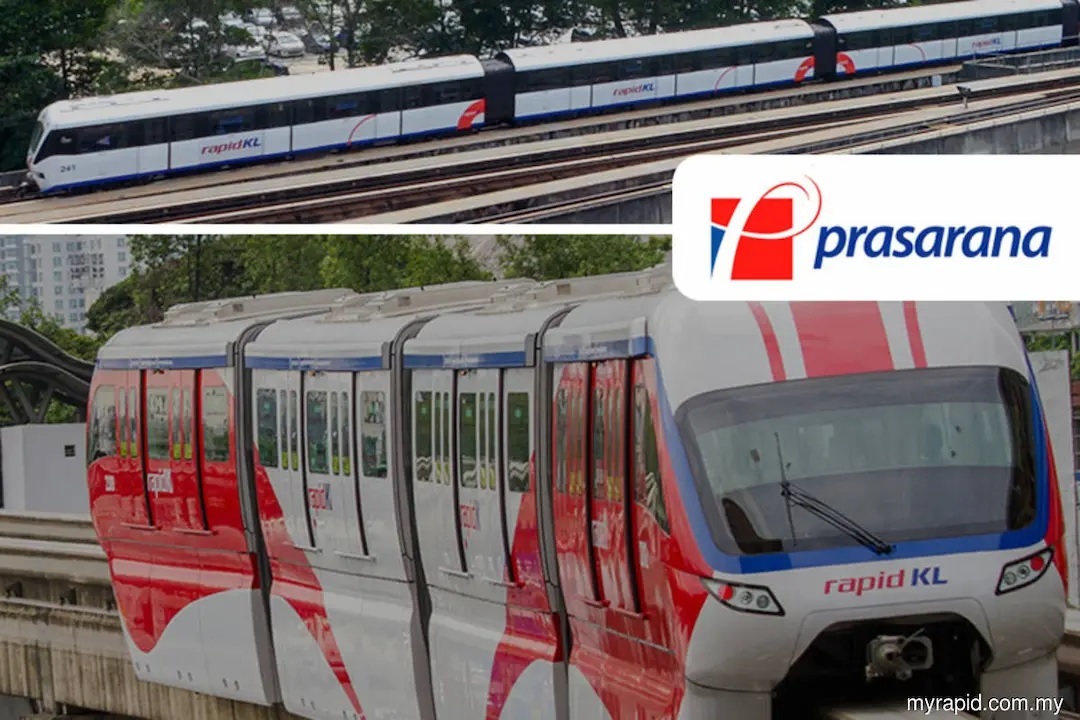
- Currently, buses only accept Touch 'n Go cards as a payment method, whereas rail stations offer alternatives like tokens.
KUALA LUMPUR (March 6): Rapid bus and rail service users in Klang Valley will soon have the option to pay fares using methods other than Touch 'n Go (TNG), as the government aims to expand cashless payment options.
Transport Minister Anthony Loke Siew Fook announced that Prasarana Malaysia Bhd has committed to implementing the open payment system for its services, starting with Rapid KL buses, as the integration for rail services, including LRT and MRT stations, requires additional time.
Currently, these buses only accept Touch 'n Go cards as a payment method, whereas rail stations offer alternatives like tokens.
"We recognise that this limitation affects both tourists and locals. We aim to transition toward an open payment system, allowing the use of credit cards, debit cards and other methods," said Loke in a news conference in Parliament on Wednesday.
Loke added that Prasarana has already initiated a tender process for this, and he anticipates the tender process to conclude within the next two months.
"Ideally, the open payment system will be implemented in the next three to six months. We hope to have it in place by the end of this year, at least for Rapid KL buses," Loke said.
Additionally, Loke announced that a Cabinet committee has approved the construction of 344 bus stations and over 7,000 metres of covered pedestrian walkways in seven local authorities in the Klang Valley, with an allocation of RM48.6 million.
In another development, Loke announced that the ministry will publish real-time statistics on death cases due to accidents every day, to raise awareness among road users and the public.
The decision was made during a Cabinet committee meeting on road safety and traffic, chaired by Deputy Prime Minister Datuk Seri Ahmad Zahid Hamidi.
Loke said that Malaysia recorded 6,443 deaths due to accidents last year, equivalent to an average of 18 deaths per day, marking the highest figures in five years. Of these, 4,480 were motorcyclists, averaging 12 deaths a day or one death every two hours.
He added that the real-time data on daily accidents nationwide will be implemented soon, reported by the Royal Malaysian Police (PDRM), similar to the reporting of daily Covid-19 cases.
Through this measure, the public will have access to daily data on accidental death cases, a significant contributor to the country's mortality rate, Loke said.
"We want to increase public awareness that road accidents are the main cause of death. It must be taken seriously by all parties because it sometimes involves the negligence of the driver himself," Loke added.
Looking to buy a home? Discover exclusive rewards and vouchers for your dream home when you sign in to EdgeProp START.
TOP PICKS BY EDGEPROP
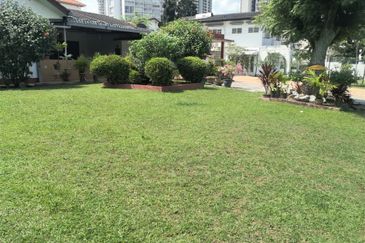
Seksyen 17, Petaling Jaya
Petaling Jaya, Selangor



